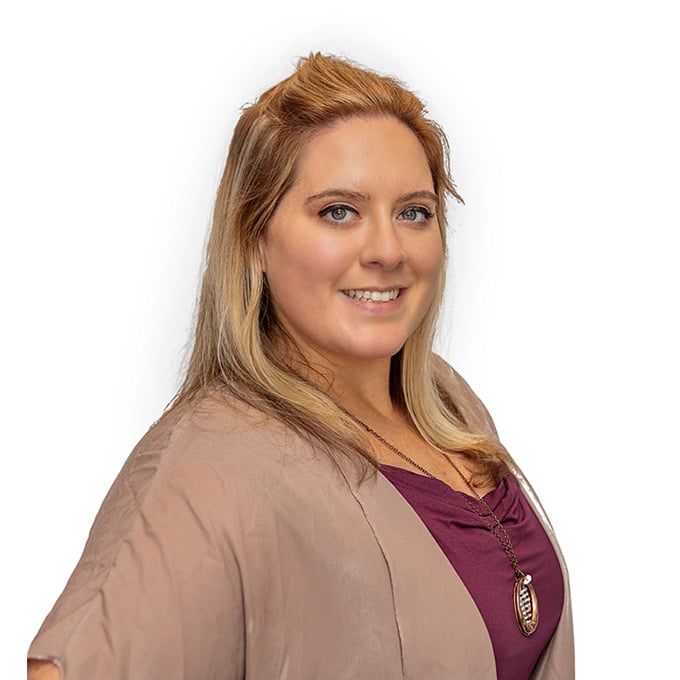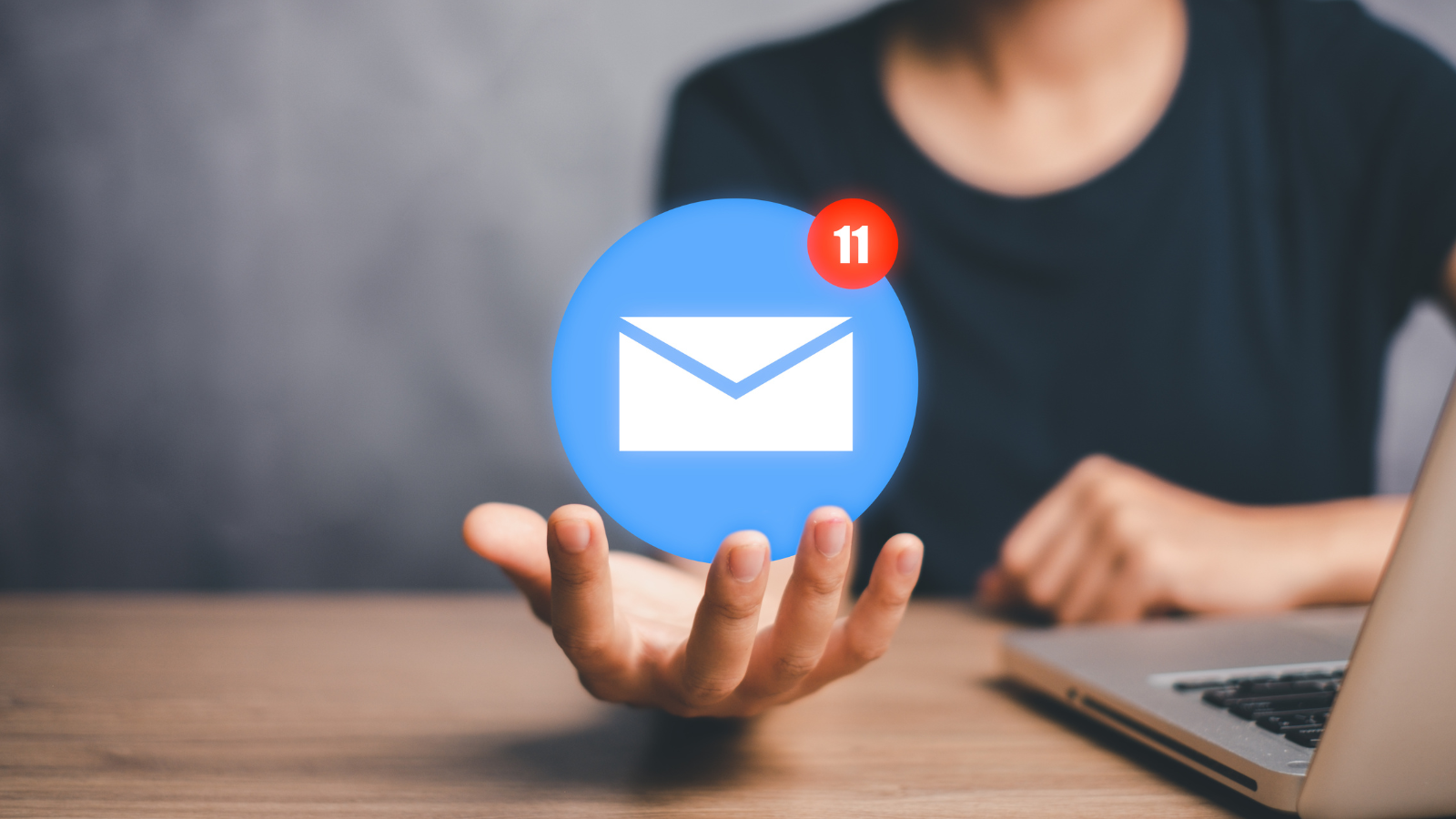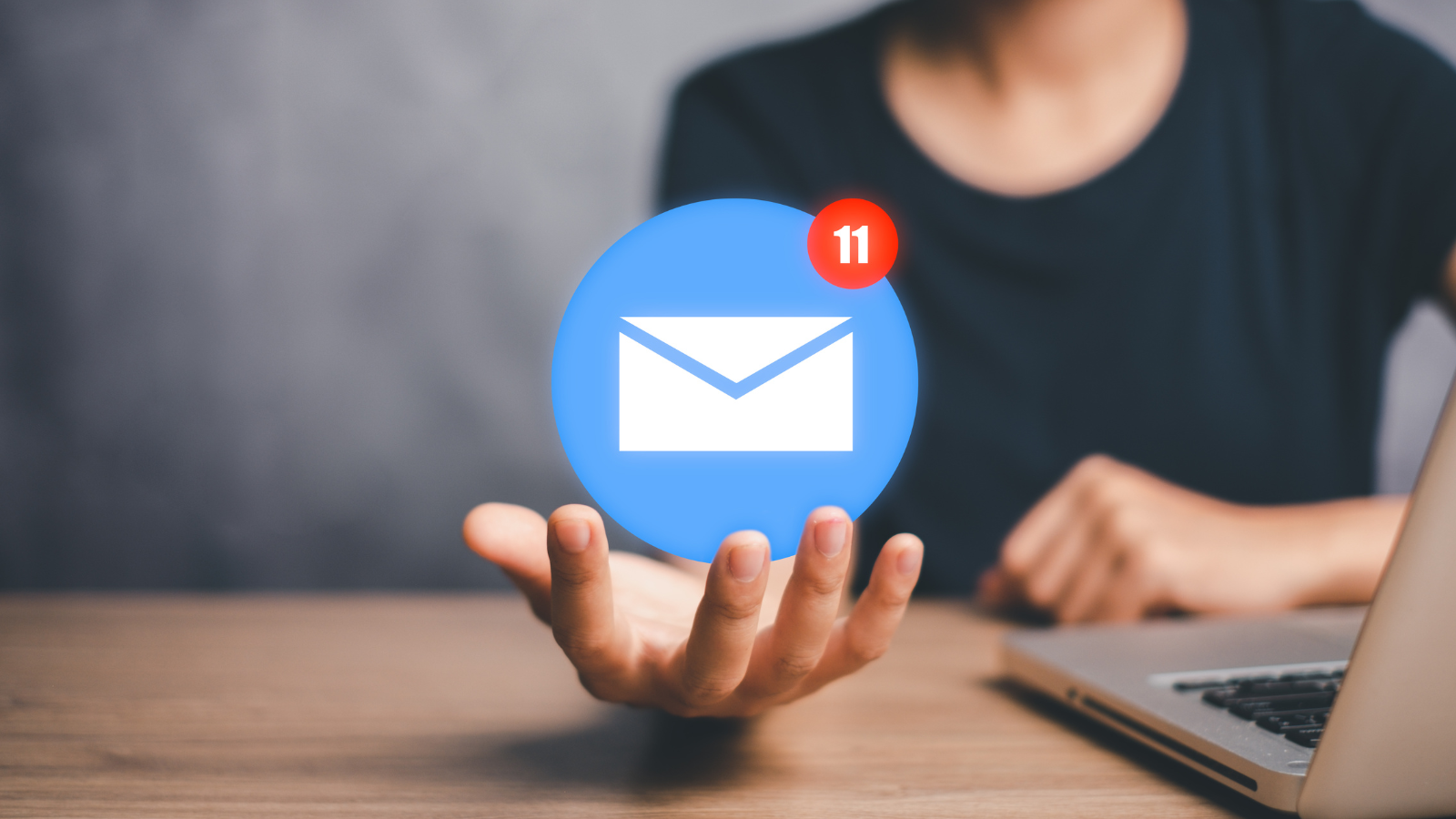Leveraging Content Throughout the Long B2B Sales Cycle
The B2B sales cycle is widely known for being lengthy and intricate, in stark contrast to B2C transactions that are typically more straightforward...
5 min read
 Amanda Meade
:
January 25, 2024
Amanda Meade
:
January 25, 2024


Having a well-thought-out strategy for engaging and converting potential buyers is imperative for businesses. That's where lead nurturing email workflows come into play.
In this article, we'll explore four highly effective lead nurturing email workflows that you can implement at each stage of the buyer's journey. Whether you're targeting prospects who are just entering the awareness stage or nurturing leads who are on the brink of making a purchase, these workflows will help you deliver the right message at the right time, maximizing your chances of success.
Before we dive into the lead nurturing email workflows, it's essential to understand the buyer's journey. The buyer's journey is the process that potential customers go through, from the initial awareness of a problem or need to the final purchase decision. It typically consists of three main stages: awareness, consideration, and decision.
During the awareness stage, potential buyers become aware of a problem or need they have. They are researching and gathering information to better understand their challenge.
In the consideration stage, potential buyers have defined their problem or need and are actively evaluating different solutions.
Finally, during the decision stage, potential buyers are ready to make a purchase decision and choose the best solution for their needs.
Each stage of the buyer's journey requires a different approach to lead nurturing. Here are some lead nurturing email workflows for each stage in more detail.
During the awareness stage, your goal is to capture the attention of potential buyers and educate them about their problems or needs. This is the perfect opportunity to position yourself as a trusted resource and build brand awareness. Here are three email workflows that can help you achieve these goals.
Welcome Series: A personalized welcome email series is a great way to make a strong first impression. By sending a series of emails to new subscribers, you can introduce your brand, provide valuable content, and set expectations for future communication.
Educational Content: In this workflow, you can provide educational content such as blog posts, eBooks, or videos that address the pain points of your target audience. By offering valuable insights and solutions, you can establish yourself as an authority in your industry and keep potential buyers engaged.
Webinar or Event Promotion: Hosting webinars or events related to your industry can be a powerful lead generation tool. In this workflow, you can send emails to promote upcoming webinars or events, providing potential buyers with the opportunity to learn from experts and interact with your brand.
During the consideration stage, potential buyers are evaluating different solutions to their problem or need. Your goal is to provide them with valuable information that helps them make an informed decision. Here are three email workflows that can educate and nurture leads during this stage.
Case Studies and Testimonials: Sharing case studies and testimonials from satisfied customers can be highly persuasive. In this workflow, you can send emails highlighting success stories and showcasing how your product or service has helped others overcome similar challenges.
Product Comparison and Demo: Potential buyers in the consideration stage are often comparing different solutions. In this workflow, you can send emails that compare your product or service with competitors, highlighting the unique value proposition and offering product demos to showcase its features and benefits.
Thought Leadership Content: Positioning yourself as a thought leader in your industry can significantly influence potential buyers' decision-making process. In this workflow, you can send emails that share thought-provoking content such as industry trends, insights, and expert opinions, building trust and credibility with your audience.
During the decision stage, potential buyers are ready to make a purchase decision. Your goal is to provide them with the necessary information and incentives to choose your product or service. Here are three email workflows that can help you convert and close leads during this stage.
Limited-Time Offers and Discounts: Creating a sense of urgency can be a powerful motivator. In this workflow, you can send emails that offer limited-time discounts or exclusive offers, encouraging potential buyers to take action and make a purchase.
Free Trials or Demos: Providing potential buyers with the opportunity to try your product or service before committing can remove any doubts or hesitations. In this workflow, you can send emails that offer free trials or demos, showcasing the value and benefits of your offering.
Customer Success Stories: Sharing success stories of existing customers who have achieved great results with your product or service can provide social proof and influence potential buyers' decision-making process. In this workflow, you can send emails that highlight customer success stories, emphasizing the positive outcomes they have experienced.
The final stage of the buyer's journey is advocacy. Once a lead becomes a customer, your goal is to encourage them to become brand advocates, referring others to your business and becoming repeat customers themselves. Here are three email workflows that can help you achieve these goals.
Referral Program: Implementing a referral program can incentivize your customers to refer others to your business. In this workflow, you can send emails that promote your referral program, offering rewards or discounts for successful referrals.
Loyalty Program: Building customer loyalty is essential for repeat business. In this workflow, you can send emails that promote your loyalty program, offering exclusive discounts, rewards, or early access to new products or services.
Upsell and Cross-Sell Offers: Once a customer has made a purchase, you can leverage upsell and cross-sell opportunities to increase their lifetime value. In this workflow, you can send emails that promote complementary products or upgrades, showcasing the additional value they can provide.
Segment your audience: Tailor your email workflows to specific segments of your audience based on their interests, behavior, or demographics. This personalization can increase engagement and conversions.
Use automation tools: Email marketing automation tools can help you streamline your lead nurturing efforts, allowing you to set up and manage workflows more efficiently.
Test and optimize: Continuously test and optimize your email workflows to improve their performance. Experiment with different subject lines, content formats, and call-to-action buttons to maximize engagement and conversions.
Monitor and analyze: Track key metrics such as open rates, click-through rates, and conversion rates to measure the effectiveness of your email workflows. Use this data to make data-driven improvements and refine your strategies.
Implementing lead nurturing email workflows requires the right tools and software. Here are some popular options that can help you streamline your email marketing efforts:
Mailchimp: Mailchimp is a popular email marketing automation platform that offers a wide range of features, including email workflows, segmentation, and analytics.
HubSpot: HubSpot is a comprehensive marketing automation platform that provides email marketing tools, customer relationship management (CRM), and lead nurturing capabilities.
ActiveCampaign: ActiveCampaign is an email marketing and automation platform that offers advanced features such as conditional content, dynamic personalization, and extensive integration options.
ConvertKit: ConvertKit is a user-friendly email marketing platform that focuses on simplicity and automation. It offers features such as landing pages, forms, and visual automation workflows.
Lead nurturing email workflows are a powerful tool for engaging and converting potential buyers at each stage of the buyer's journey. By delivering the right message at the right time, you can build strong relationships with your leads and guide them seamlessly through the sales funnel.
From capturing and engaging leads during the awareness stage to converting and closing leads during the decision stage, these workflows enable you to maximize your chances of success. By encouraging referrals and repeat business during the advocacy stage, you can turn your customers into loyal brand advocates.
So, are you ready to take your lead nurturing efforts to the next level? Start implementing these email workflows today and see the positive impact they can have on your business.
*Editor's Note: This blog has been updated since its original post date.

The B2B sales cycle is widely known for being lengthy and intricate, in stark contrast to B2C transactions that are typically more straightforward...

Lead nurturing has become an essential part of any successful marketing strategy. When done right, it can significantly enhance engagement and...

The prospecting your team does today often doesn’t result in closed business for several weeks or months. How do you keep a prospect engaged for an...